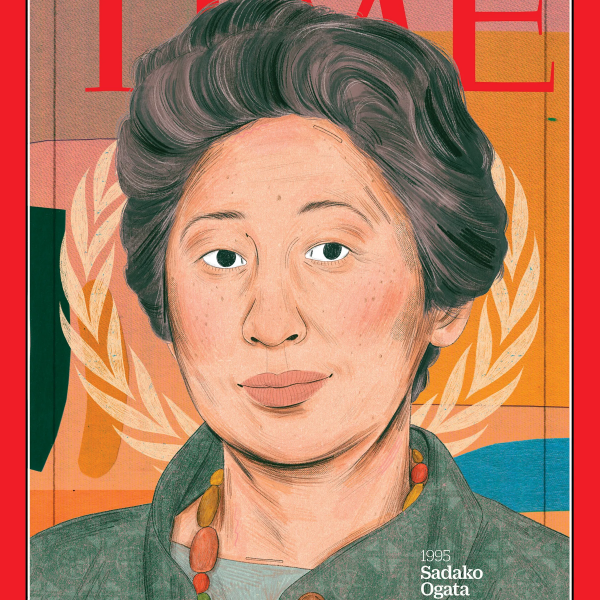Cindy Brantmeier, professor of Applied Linguistics and Global Studies in Arts & Sciences, gave an opening day address on September 15th for the United Nations/UNESCO Latin American Congress on literacy sponsored by the University of Panama.
X Congreso Internacional de la Cátedra UNESCO (xcongresocatedraunesco.com)
The event included scholarly presentations from 178 social scientists from 16 different Spanish and Portuguese speaking countries. Brantmeier was the only speaker from the USA. Scholars were invited from the following countries: Colombia, Ecuador, México, Argentina, Chile, Panamá, Costa Rica, Uruguay, Venezuela, Perú, Spain, Brazil, Cuba, Paraguay, Dominican Republic and the United States.
Brantmeier’s talk “Literacy and Global Health: A Study on Language Equity and COVID” examined the challenges of functional health literacy for language diverse patients across the United States (USA) who do not use the language of health care professionals. Brantmeier presented findings (Brantmeier, et al 2021) How health care workers assess their own communication with language-diverse patients during the COVID-19 pandemic | Institute for Public Health | Washington University in St. Louis (wustl.edu)and discussed how global discourse is dominated by specialized terms for Covid-19 from the fields of medicine and epidemiology that are transmitted through government briefings, tele conferences and more.
Brantmeier fostered a discussion of results, in both Spanish and English, that included specific details about the development of materials, informed by linguistic and language knowledge, to help decrease bias and discrimination in healthcare going forward
Brantmeier’s talk inspired new directions for reading research and practice during this global public health emergency and beyond, as she agreed to continue work with UNESCO and will be leading collaborations with scholars in Panama City.





